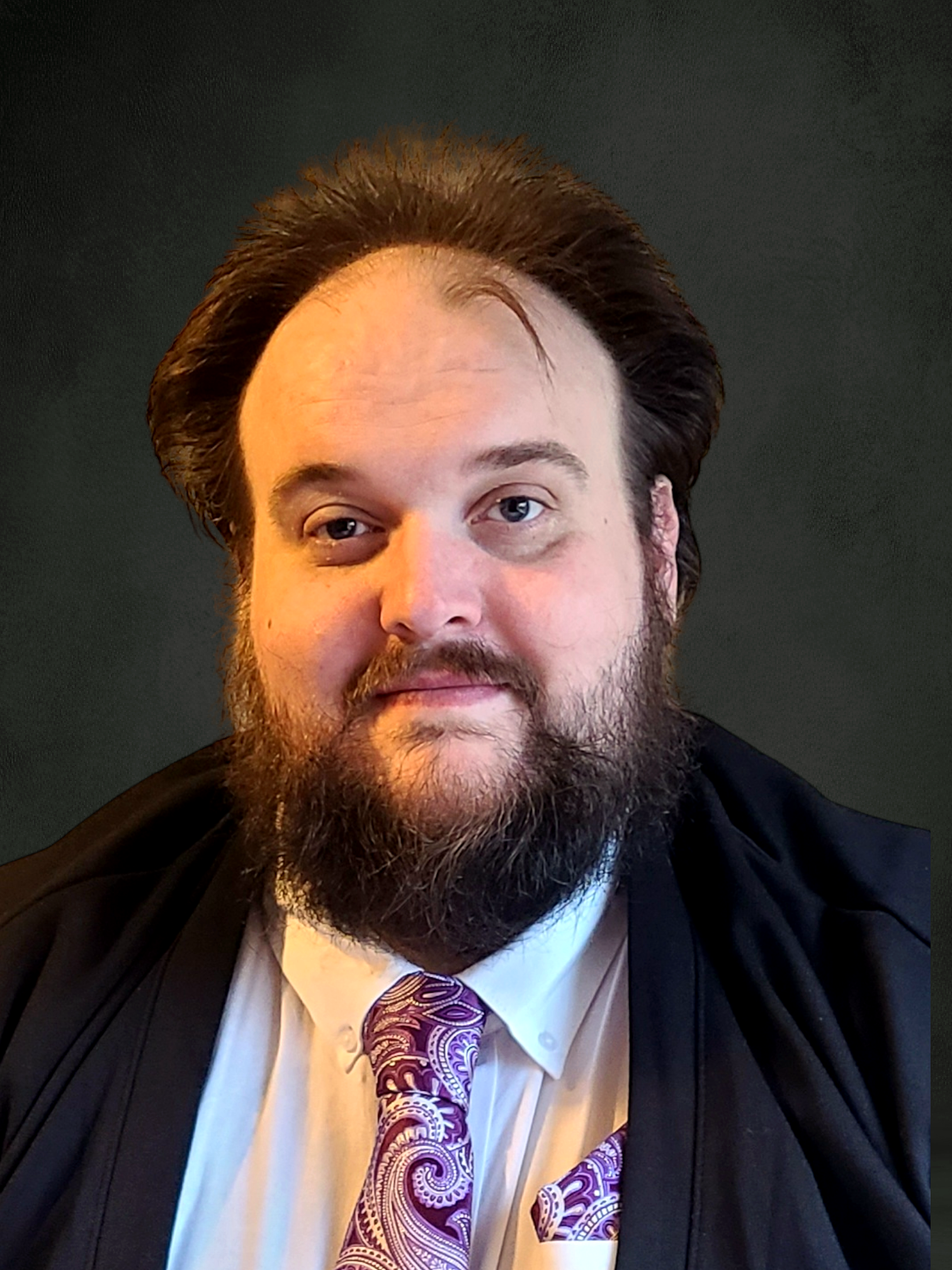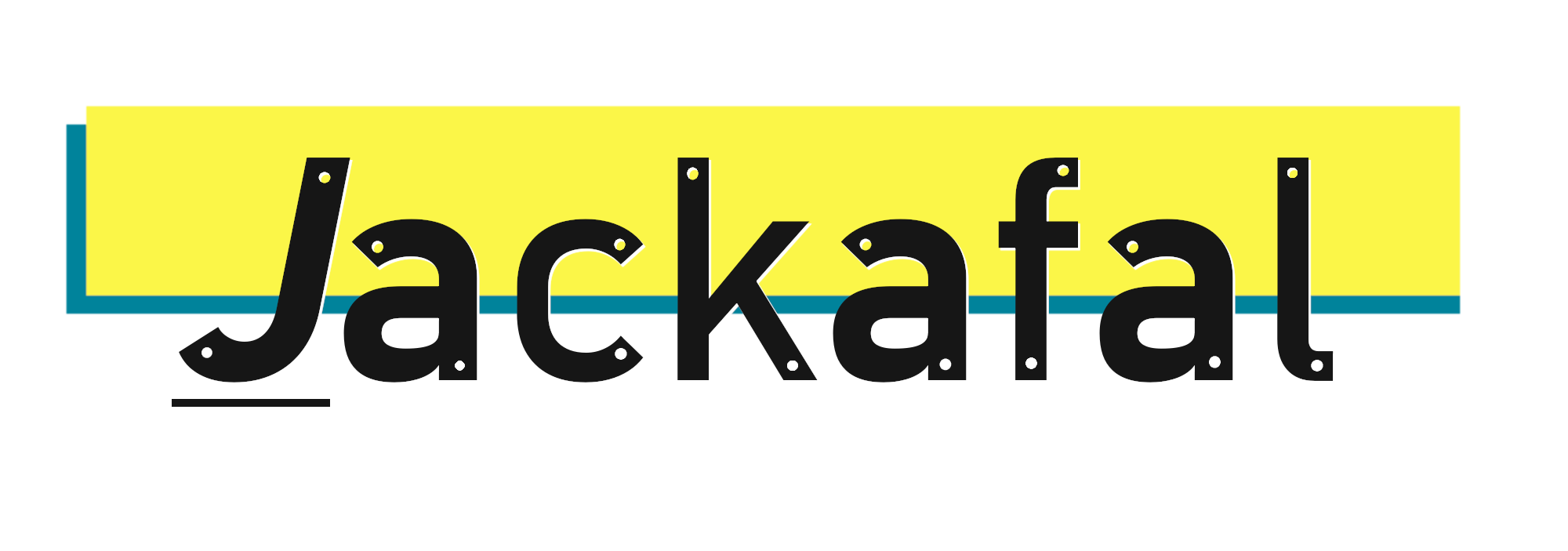Alec J. Booker
Mature: A Personal Account of Ageism
The word ‘mature’ is often used as compliment, but have you ever considered whether there’s ageism baked into its use? Guest poster Alec Booker shares his experiences of ageism in the workplace and in learning environments, and his tips on how to avoid perpetuating stereotypes.
Empty space, drag to resize
I never thought in a million years that I would be writing an article about ageism at the age of 35. However, over the course of the past few years, maybe even close to a decade, I have noticed subtle shifts in other people's perception of me. We all get older, that is an inevitable fact of life. However there is often an undercurrent that threatens to taint this experience still prevalent in society today, and that is the subjective nature of societies' view of ageing, and the current trend in mindset which attempts to justify its seemingly voracious need to label everything under the sun and assign it a ‘use by’ date or time frame.
I could go off on a tangent here about the whys and wherefores regarding ageism, whether it is systemic in nature or we are biologically conditioned to engage in the enablement of ageist behaviours. However, that is not why I have been asked to write this contribution. Instead I would like to share with you two separate experiences that I have personally met with ageism, the first where I had been considered too young, and the second where I had been considered too old.
The first experience happened to me at a job interview. I had been working for a company for just over a year when a supervisory position came up, and I decided to apply as, despite my young age, I had already been in the industry for almost a decade. At the interview I was welcomed into the office. However, I instantly got the feeling I was being humoured. Usual interview etiquette appeared to be non-existent and the questions regarding my application were given in a pointed tone that seemed dismissive, which was confirmed later by the interviewer not allowing me time to answer questions or offer any elaboration.
To say this was disheartening was an understatement. I met every criterion, checked every box. However, there was one sticking point that seemed to resurface every time and that was my age, with questions about period of service, schooling dates, further education etc. It was as if I had been put on trial, and I was made to feel like I had to justify my reasons for wanting to apply for the role in question more than usual.
To say this was disheartening was an understatement. I met every criterion, checked every box. However, there was one sticking point that seemed to resurface every time and that was my age, with questions about period of service, schooling dates, further education etc. It was as if I had been put on trial, and I was made to feel like I had to justify my reasons for wanting to apply for the role in question more than usual.
Needless to say, I was passed over for the role. The rationale for the decision I remember as if it were yesterday: “the supervisory position requires… a more mature candidate for the position with more ‘life’ experience.” If an individual ticks the boxes and has achieved the same level of competency in the professional environment earlier in their career, would not this show drive, dedication to furthering competency, and a sense of career direction? I suppose it's a subjective viewpoint, but it illustrates my earlier remark about the institutionalised nature of ageism that they would assume a more ‘mature’ candidate would do the job better.
An elderly man sits on a chair, staring past a red line dividing the picture. On the other side is a computer screen that simply reads 'Too Old'.
Secondly, and more recently, I have felt the opposite end of the spectrum. In 2022, I embarked on my undergraduate journey at university after spending a few years re-evaluating my career decisions following an industrial accident which left me with mobility issues. Returning to education as a ‘mature’ student at the age of 32 was and has been an interesting experience, and for the most part a pleasant one.
However, the label ‘mature’ feels strange, and has placed a certain level of pressure to fit in. It has given me periods of self-doubt relating to group work with younger individuals who were in my study group. Group work is a key component of the degree and feeling ostracised and excluded because of the age gap impacted my performance. At one point, I even got to the point of considering dropping out. ‘Mature’ may just be a word, but the label has affected my experience, and how other people see me.
Dealing with ageism is difficult as I believe it is entrenched in our society as harmful mindsets. Your value as an individual is decided by your age and not your contribution, and your contribution to society diminishes and your reliance on society increases as you age. Given what I’ve learnt from own experiences of ageism, some things I bear in mind when I am facing age-related challenges are:
Empty space, drag to resize
Mindset Matters
I find it helpful to remember that the way in which you present yourself starts with how you think about yourself. This will have an effect on people’s perception of you.
Challenge Ageist Behaviours
I came to this conclusion a little late. However, I find if you challenge others' beliefs or ageist behaviours you will find most rational individuals won't even realise the way in which they’re coming across and this opens the floor for frank, honest and open dialogue to happen.
Education, Education, Education
I feel it is important to keep up to date with what is going on within campaigning and advocacy groups as well as what is in the media to get a fair and unbiased view of current trends. Stay informed!
Empty space, drag to resize
Empty space, drag to resize

Alec J. Booker
Alec Booker is a mental health and disability advocate, and the founder of AJB Academics. He works to help individuals with complex needs access education.
Empty space, drag to resize
Copyright © Jackafal Ltd. 2024
Write your awesome label here.
Keep up to date
Want updates on new free courses, new articles and exclusive offers just for subscribers? Enter your email address to join our mailing list below.
Thank you!


